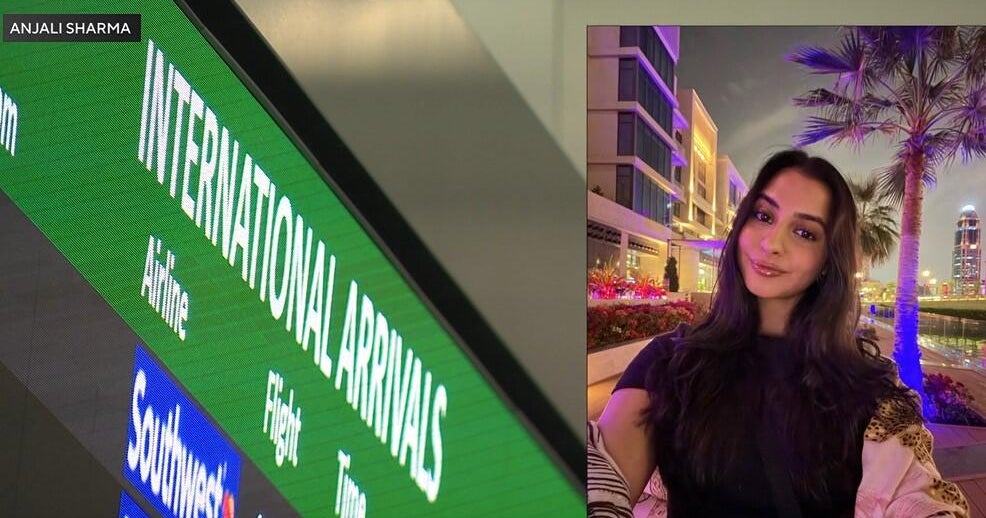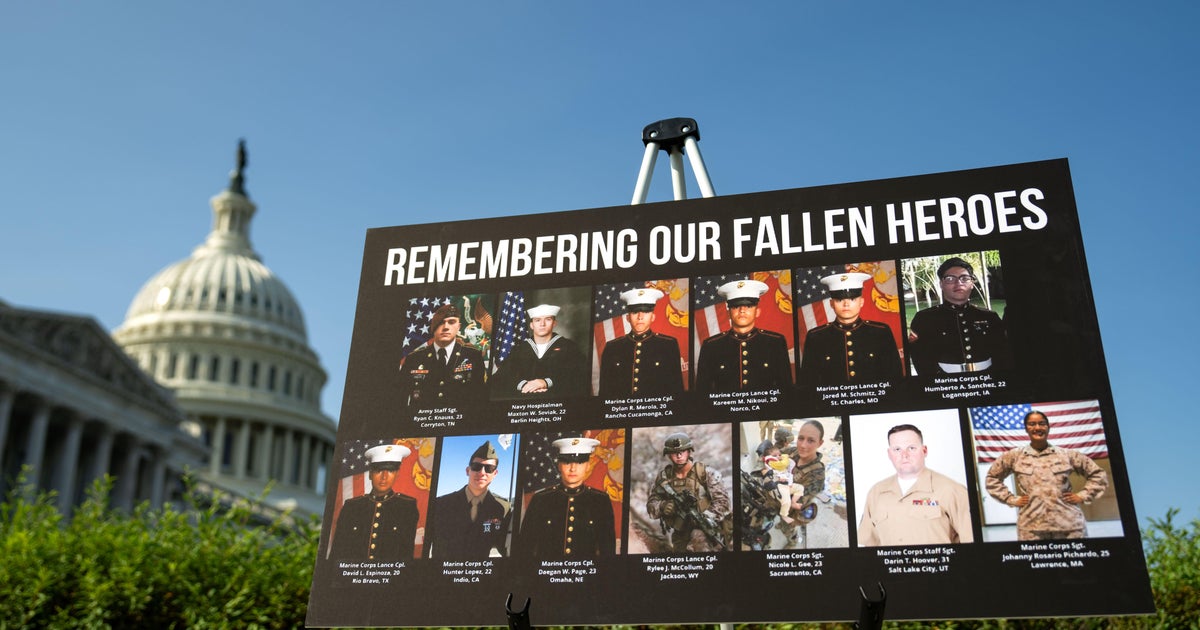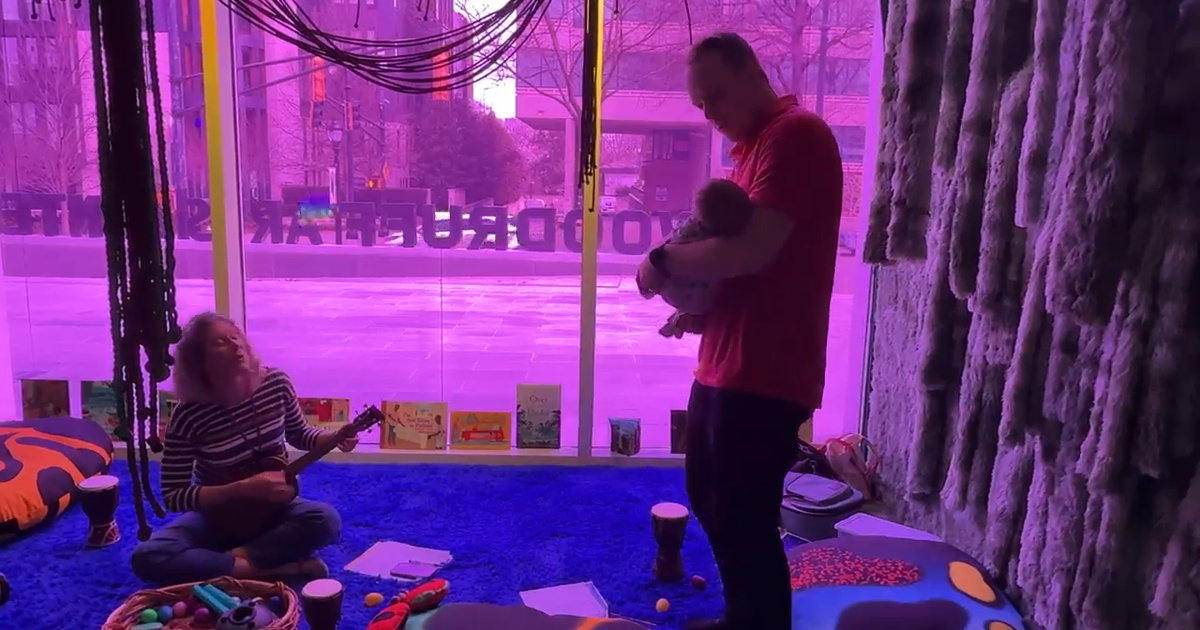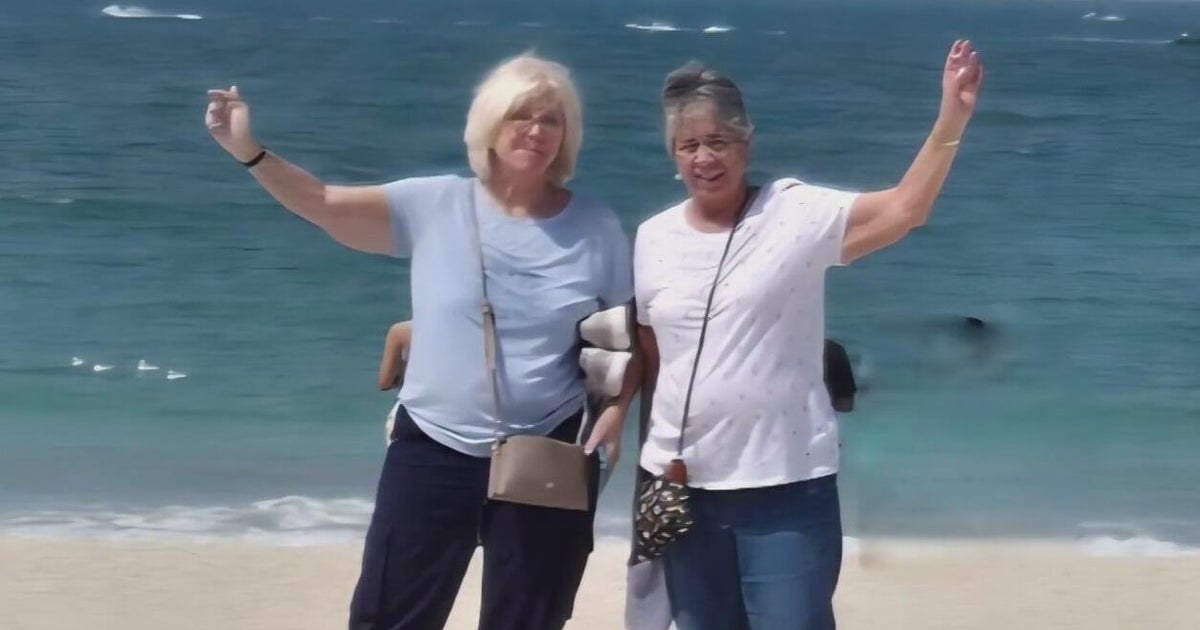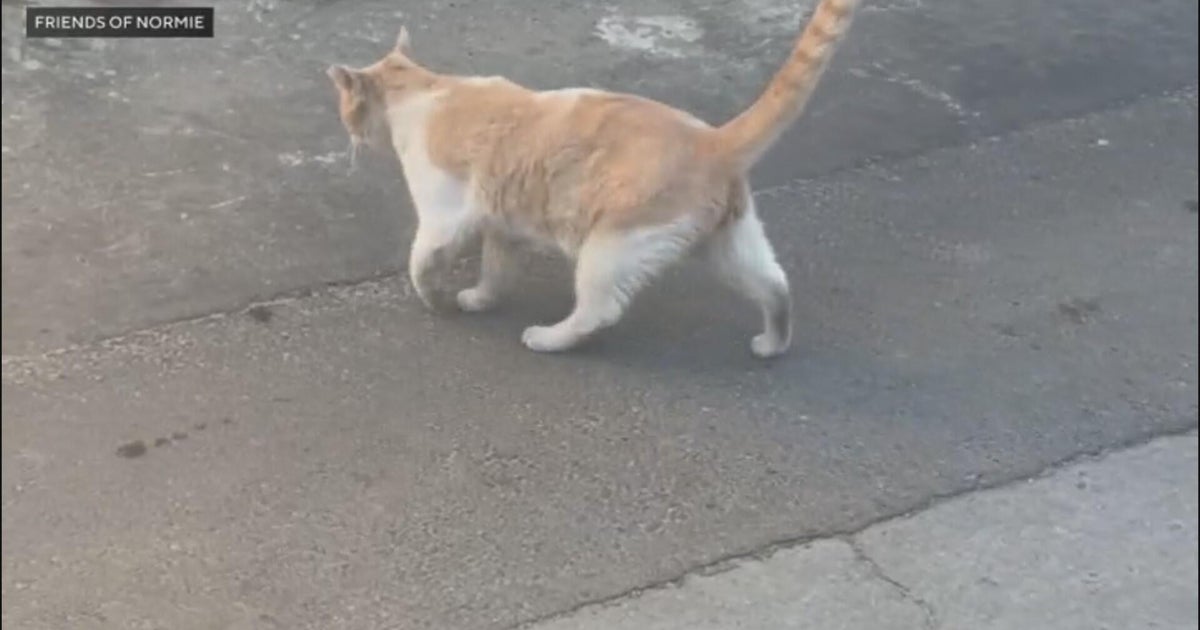Protecting Our Children: Baltimore youth speak out on dealing with trauma
BALTIMORE - Trauma is neither a new term nor a new problem in Baltimore City.
"It's hard growing up here," said Bryonna Harris. "That's just the reality. It's hard."
Violence is one of the first things people think about when Baltimore comes to mind.
"Of course, violence is the first thing that comes to mind," said Ariana Dabner, from Aziza Peace.
Take a cue from Healing City Baltimore Director Kim Lagree.
She hears story after story of violence consuming children's lives.
"The consistent theme, decade after decade, is 'We're not being listened to,'" Lagree said.
Healing City Baltimore is about being united "in healing from trauma, violence and racial inequity" in Baltimore
So, listen to the youth.
"Losing friends at a young age, when you're in the 3rd grade, 4th grade, as you go on, you just lose more," said Jims.
Listen to Darrien.
"That's all young people know nowadays," he said. "Me, I lost both my brothers to gun violence. I lost my grandmother to gun violence. I lost my uncle to gun violence."
Darrien is just a teenager, traumatized over and over.
"They think 'Oh, yeah. I can make quick money.' But being in the streets don't lead to nothing but jail or death," Darrien said.
Listen to Bryonna.
She was a student at Frederick Douglass High School in 2019 when a staff member was shot in the lobby.
"I feel like a lot of our trauma was overlooked," she said. "A lot of people just went through it and made it seem like something that was normal."
Listen to Ariana, now a college student, who has overcome traumatic experiences.
"I see nothing but violence, broken down buildings, drugs, drug addicts. It makes me feel like I'm stuck in my location," Ariana said. It feels like it's never-ending."
This is the impact of violence, both on the streets and on social media.
"News headlines are literally a source of trauma. Like, they cause trauma," Charity said.
"Now, I get front-row seats to my own trauma, my family members, my next-door neighbors, as well as everybody else in this city. Every other city," Lagree said.
Teens told WJZ the trauma mixes with mounting anxiety.
"To me, it's almost like, 'I'm next,'" Bryonna said. "It's like, dang, I don't even have a chance to grow up and experience the life I want to live."
"I think about death every day because you never know what's going to happen," Darrien said. "You never know when it's coming."
"If it happens, it happens," Jima said. "Expecting death at a young age is not abnormal to us."
"Bullets don't have names on them," Charity said. "That's sometimes all you can think of. I step outside and I'm on my way to school, you know, and I could be next."
Lgree says adults need to be examples and address their own traumas.
"They're raised around people who sell drugs," Lamar said. "They're raised around people who have guns. They're raised around people who have these pessimistic mindsets."
"Healing happens in relationships," Lagree said. "We need healthy relationships for our youth—that goes from home to community to school."
So, listen to them.
"There are still people who are fighting to make Baltimore better," Bryonna said.
They are pleading.
Bryonna Harris, 20: 00.05 "As much as we experience trauma, it's not all that we know and it's not the only thing we are."
Pay attention, Baltimore.
"Even though you go through trauma," Darrien said. " I feel like you should use that to motivate yourself to do good for you and other people."
The youth are talking.
Listen up.
"Baltimore does have a lot of trauma, but it has a lot of beauty," Ariana said. "If we take the time to pay attention to all this talent to work together to bring them up, I really think Baltimore could be safer."

